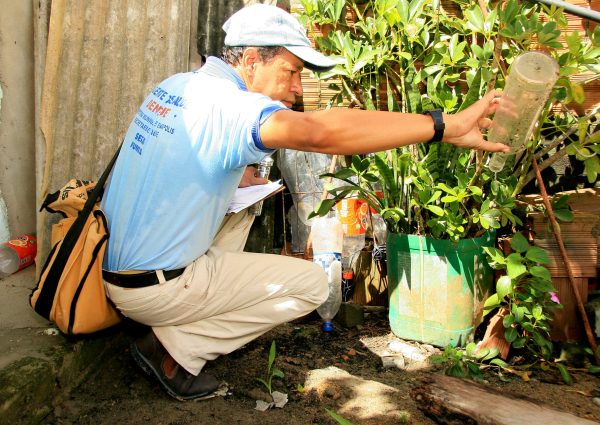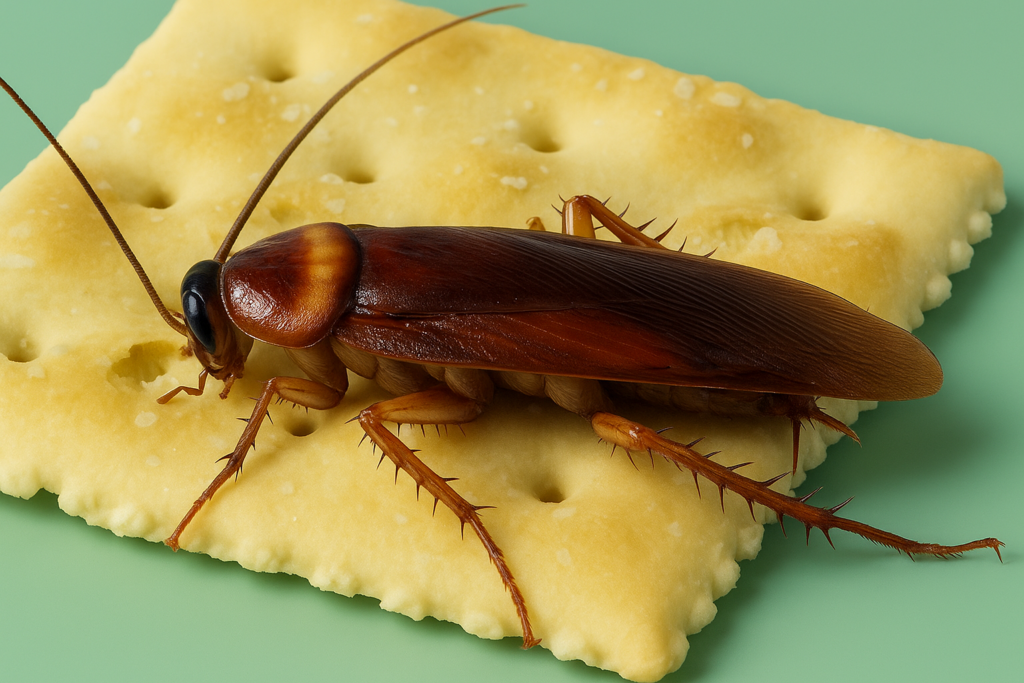Pests
Key Concerns
Pests such as cockroaches, rodents, ants, bed bugs,termites and even dust mites can pose serious health and safety risks in the home. They can contaminate food, trigger allergies and asthma (especially in older adults and children), and spread harmful bacteria like Salmonella and E. coli. Rodents may chew through wires, increasing the risk of electrical fires, while termites can silently damage the home’s structure. Pest droppings, urine, and shed skin can worsen indoor air quality, making regular inspection and prevention essential for a healthy living environment.


How to Limit & Avoid Risks Associated with Pests
- Seal cracks and gaps in walls, windows, doors, and around pipes to prevent pests from entering your home.
- Keep food stored in airtight containers and clean up crumbs or spills immediately to avoid attracting ants, cockroaches, or rodents.
- Take out trash regularly and use bins with tight-fitting lids.
- Fix leaks and remove standing water, as moisture attracts roaches, termites, and mosquitoes.
- Clean pet food and water areas daily, and avoid leaving food out overnight.
- Wash pet bedding regularly, as it can harbor fleas, mites, or other insects.
- Vacuum carpets, rugs, and upholstered furniture often to remove crumbs, pet dander, and potential pest eggs.
- Keep firewood and clutter away from the home’s exterior, where pests like termites or rodents may hide.
- Trim vegetation and keep bushes away from walls to reduce hiding spots for pests.
- Inspect pets regularly for fleas and ticks, especially if they spend time outdoors.
- Use pest-proof screens on windows and doors to allow ventilation while keeping bugs out.
- Schedule regular inspections or call a licensed pest control service if you notice signs like droppings, chew marks, or unusual odors.
Frequently Asked Questions
Q.1 What are the most common household pests I should watch out for?
Common household pests include cockroaches, ants, rodents, termites, spiders, and dust mites. Each poses different risks, from triggering allergies to damaging your home’s structure.
Q.2 How do pests affect my health?
Pests can spread harmful bacteria like Salmonella and E. coli, trigger asthma and allergy symptoms, contaminate food, and worsen indoor air quality. Rodents and roaches are particularly harmful in homes with older adults or those with respiratory conditions.
Q.3 Can pets attract pests into the home?
Yes, pets can unintentionally attract pests. Pet food and water left out can draw ants, roaches, and rodents, while pet waste can also be a food source for insects if not cleaned promptly.
Q.4 Can pests harm my pets?
Absolutely. Fleas, ticks, and mites can live on or near pets and cause itching, infections, or diseases. Rodents may also carry parasites that can affect both pets and humans. Regular grooming and clean living areas help protect pets from pest exposure.
Q.5 How do I keep pests away without harming my pet?
Use pet-safe pest control methods such as traps, natural repellents (like vinegar or citrus), and non-toxic sprays labeled safe for animals. Always read labels and keep pets away from treated areas until safe.
References & Helpful Articles
- https://www.hud.gov/sites/documents/12-05hsgn.pdf
- https://www.fda.gov/food/chemical-contaminants-pesticides
- https://www.epa.gov/pesticides/public-health-issues-caused-pests
- https://www.cdc.gov/disasters/hurricanes/pdf/keep_pests_out-H.pdf
- https://www.hud.gov/program_offices/healthy_homes/healthyhomes/ipm#:~:text=Common%20pests%20can%20cause%20serious,by%20contaminating%20our%20air%20indoors
- https://www.epa.gov/indoor-air-quality-iaq/pesticides-impact-indoor-air-quality
- https://archive.epa.gov/airquality/community/web/html/i-pesticides_addl_info.html
- https://www.niehs.nih.gov/health/topics/agents/allergens/dustmites
- https://nchh.org/information-and-evidence/learn-about-healthy-housing/health-hazards-prevention-and-solutions/cockroaches/